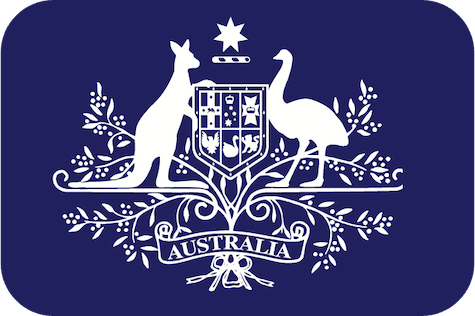
.
The ATO has released an update on its website, claiming it will continue to target those who promote unlawful tax schemes.
“Anyone who promotes unlawful tax schemes is taking big risks. They risk our attention, serious penalties, as well as their reputation,” it said, adding, “They’re also risking their client’s money for their own financial gain.”
The Tax Avoidance Taskforce is responsible for targeting the promotion of unlawful tax schemes among practitioners “regardless of the firm size, occupation, position in their organisation, or standing in the tax community.”
The promoter penalty laws prevent the promotion of unlawful tax and super schemes or schemes that differ materially from their described operation in a product ruling.
By way of penalty, the courts can impose the greater of 5,000 penalty units for an individual, 25,000 penalty units for a body corporate, or twice the consideration received or receivable by the entity or its associates by operation of the scheme whether directly or indirectly.
In 2021, the Federal Court handed down the largest penalty issued under the promoter laws, totalling $22.68 million.
Paul Enzo Boggiato and entities within his control were penalised for “systemic abuse” of the research and development tax incentive scheme.
“The size of the penalty is the highest ever seen in Australia and reflects the scale and abusive nature of these schemes,” said ATO assistant commissioner Ash Khera.
“Those who encourage others to do the wrong thing and claim the incentive to which they are not entitled will be caught and held to account for their actions.”
That case built on a series of ATO victories which involved applying the promoter penalty laws, such as the Federal Court decision of the Commissioner of Taxation v Rowntree and others in which three advisers were ordered to pay a total of $9.4 million.
“We have the tax technical and investigative skills to deal with those who promote non-compliance with the tax and superannuation system,” said Khera.
Last year, the ATO announced it had filed an application to the Federal Court against a former EY partner who had allegedly promoted a tax exploitation scheme.
According to the ATO, the former partner promoted three tax loss access schemes to seven clients between November 2016 and April 2021.
The news of the Tax Commissioner’s case against the former partner was first reported by The Australian Financial Review and became a major issue in the Senate consulting inquiry.
“If proven, these allegations will provide stark evidence of the failure of regulation in the sector. Once again, we ask the question, ‘Is this just the tip of the iceberg?’” Pocock said to the AFR.
“The ATO alleges that the illegal activity was conducted for seven clients and the partner in question is reported to be claiming that others at the firm were involved,” she said.
While the former partner’s identity has yet to be revealed, EY successfully applied to vary a suppression order that had prevented it from being named as the former employer of the scheme promoter.
In a statement, EY revealed the partner had been terminated for cause in August 2022 after disclosing they had received more than $700,000 in unauthorised financial benefits connected to the schemes.
While EY stated the Commissioner had made no allegations of wrongdoing against the firm itself, it did enter into an enforceable voluntary undertaking to improve its internal processes, training, and notification activities.
David Larocca, chief executive at EY Oceania, said the allegations related to the “isolated actions of a rogue operator and are in no way reflective of the way we do business.”
“We fell short in this instance, and I regret that we didn’t identify and stop this behaviour earlier.”
The ATO said tax advisers should be aware of the warning signs of unlawful tax schemes, report suspected unlawful schemes, advise clients against involving themselves in unlawful schemes, and encourage implicated clients to work with the ATO.
Nick Wilson
17 April 2024
accountingtimes.com.au
22nd-May-2024 | 
